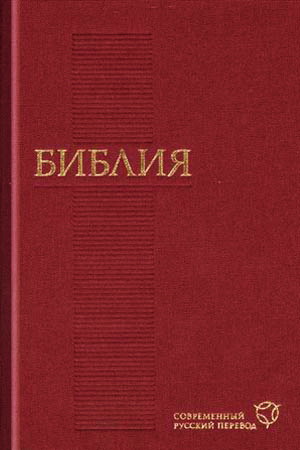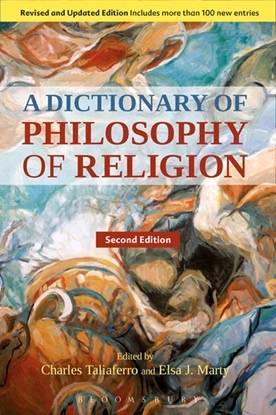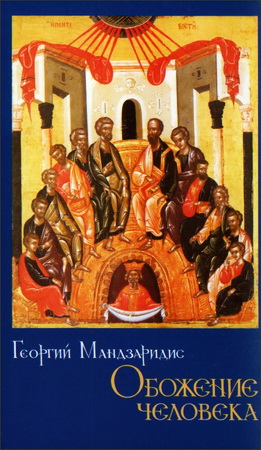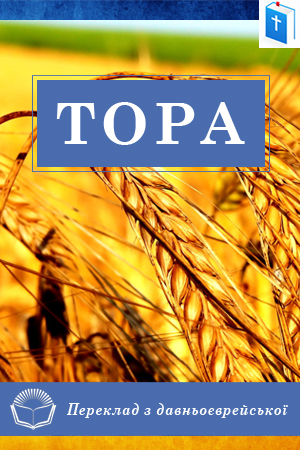
Taliaferro - Marty - Dictionary of Philosophy of Religion - модуль BibleQuote
Charles Taliaferro and Elsa J. Marty - Dictionary of Philosophy of Religion
London: Bloomsbury Publishing Plc., 2018. – 320 p.
ISBN 978-1441112385
Some of the earliest recorded philosophy in the West and East concerns matters that are of central religious significance: the existence of God or gods, the holy, the soul, good and evil, the afterlife, the meaning and nature of birth, growth, and maturity, the relationship of the individual to the family or tribe or community or nation state, sacrifice, guilt, mercy, and so on. And from the beginning, philosophers have expressed a passionate commitment to understanding the meaning of the words we use in exploring such terrain. So Confucius gave central importance to what he is said to have referred to as the “rectification of names.” And the earliest recordings we have of Socrates show him engaged in a vigorous inquiry into whether his fellow Athenians knew what they were talking about when they appealed to such concepts as holiness, duty to the gods, justice, courage, goodness, friendship, beauty, and art.
This dictionary is in this tradition of seeking to attain clarity and understanding through attention to words, names, and titles. One thing we rediscovered in the course of our work is the importance of community and conversation in the practice of philosophy of religion (historically and today). Sometimes scholarship can be a solitary affair, but while some solitude can provide enviable time for creative reflection, we believe that scholarship is most vibrant when it is a shared activity. We are reminded of the story of the explorer Sir Henry Morton Stanley who took on his disastrous journey to the Belgian Congo a host of great books such as the complete collection of Shakespeare. But with no African conversation partners to discuss such books (and partly this was his fault), the bare existence of the books became a pointless burden. In fact, he had to leave all of them except those of Shakespeare, which some Africans insisted he actually burn, as they had become concerned they had become an ill totem of sorts. Without conversation and community, the best of books can be dull companions (unless you happen to be Robinson Crusoe).
We began this dictionary in conversation about the meaning of some terms in contemporary philosophy of religion. It was more of an argument than a conversation, but it led us to join forces in the broader, constructive enterprise of working together on this systematic, ambitious project. As noted in the acknowledgments, this undertaking involved many other scholars as well. We highlight the importance of conversation and exchange in this preface, as it is our earnest desire that this book might function as something of a companion in cultivating or helping inform conversations among our readers. Our hope is to enrich dialogue rather than to substitute for it in any way, for engaging these definitions is only the beginning of philosophical exploration.
* * *
CULTURE
From the Latin colere, meaning “to cultivate or till.” The term “culture” has more of a use in sociology than philosophy of religion, but from its origination philosophers have addressed what they take to be the good and evil of the beliefs and practices of their society. Insofar as “culture” stands for a community or group’s set of beliefs, practices, and history, then philosophers from Socrates to Rawls have questioned the moral integrity of the cultures of their day. Augustine’s The City of God may be read as a Christian critique of pagan Greco-Roman culture. In the twentieth century, Christian theologians such as the Niebuhrs wrestled with the extent to which authentic Christian faith could be lived out in contemporary culture.
MEANING OF LIFE
For a substantial part of the twentieth century analytic philosophers were suspicious of talk of the meaning of life. Meaning, it was thought, belongs to the linguistic realm. Words and other semantic constructions are the proper bearers of meaning, not objects, events, or states of affairs, and certainly not life itself. Skepticism about life’s meaning has since waned, though the focus of current work is on the more terrestrial, personally focused idea of meaning in life rather than the cosmically focused meaning of life. In addition to, for example, moral goodness and subjective well-being, it is thought that one’s life can possess another good-making feature—meaning. Theories of meaning aim to conceptualize this feature, and fall within a now fairly well-developed taxonomy of objectivist naturalist, subjectivist naturalist, hybrid naturalist, and supernaturalist theories.
Whichever way the question of life’s meaning is framed, and whichever broad theory is adopted, meaning has important shades that point to the nature of our questions and concerns. These largely center on the triad of intelligibility, purpose, and significance. We want to make sense of life, especially its existentially weighty aspects, we want purpose(s) around which to orient our lives, and we want our lives to be significant, to matter deeply. The question of life’s meaning, especially when framed cosmically, has religious and transcendent connotations. For there to be an overarching kind of sense-making or intelligibility of it all, universal purpose, and cosmic significance, reality must likely consist of more than the space-time universe. In general, naturalists reject such ideas, and opt for quotidian forms of meaning, albeit forms that they insist are real and sufficient for flourishing life. Nihilists reject all forms of meaning, though their reasons for doing so are varied. Life’s meaning intersects with other ideas, including origins, pain and suffering, death, and, more generally, how it all is going to end.





Комментарии
Пока нет комментариев. Будьте первым!